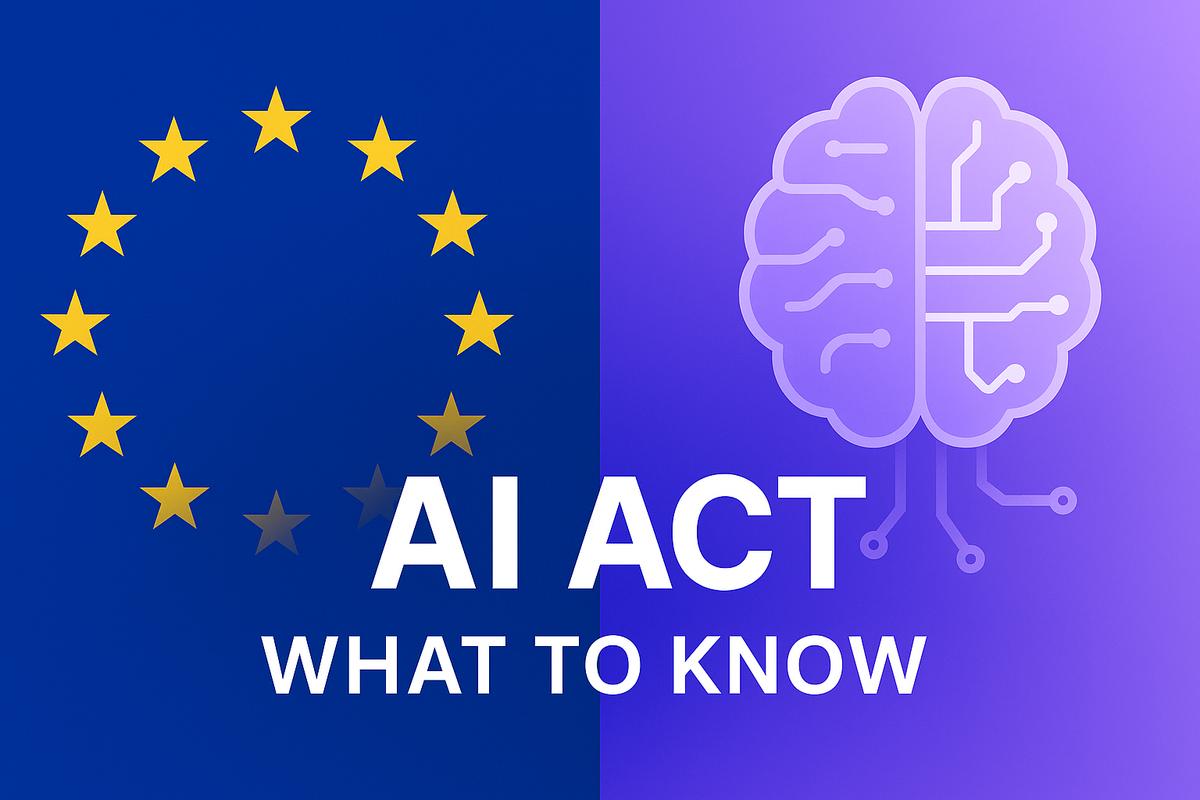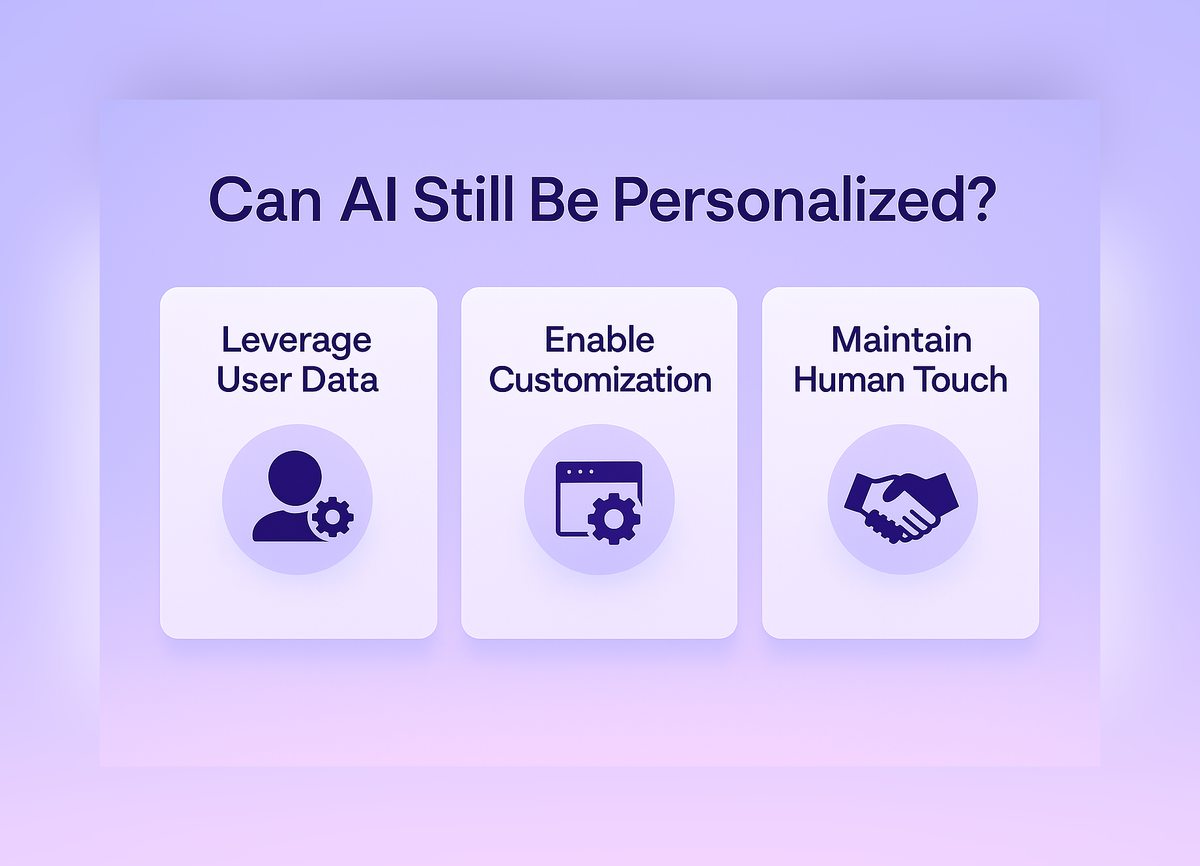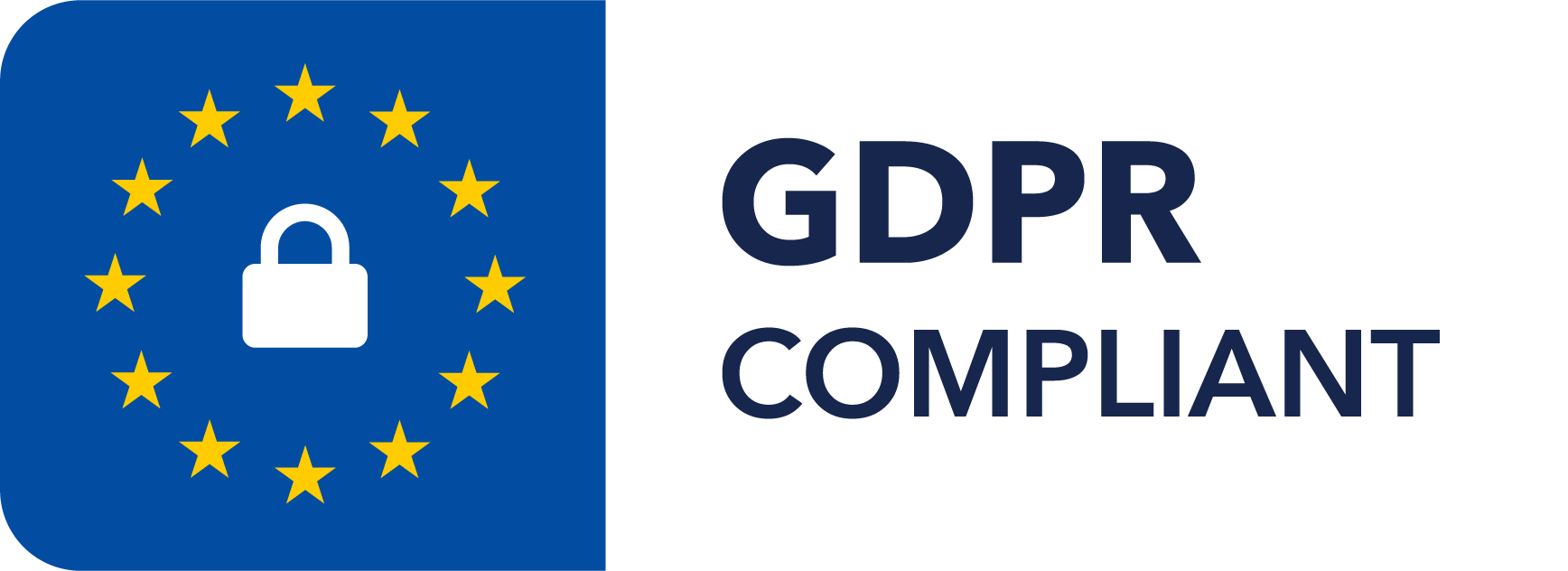EU Artificial Intelligence Act: What to Know
December 15, 2023
By
Abigail Moyal

EU Artificial Intelligence Act: What It Means for Businesses and Innovators
Exciting news for the tech world — the EU Artificial Intelligence Act (AI Act) has officially been unveiled. This landmark legislation is the first comprehensive framework in the world designed to regulate artificial intelligence. But what does it really mean for companies, innovators, and trailblazers like Iris AI and others building AI-powered solutions?
At its core, the AI Act aims to ensure that AI systems entering the EU market are safe, reliable, and aligned with fundamental laws and values. It is not just about limiting risk — it’s about creating trust, promoting neutrality, and ensuring that AI is deployed in ways that protect individuals and strengthen innovation.
A Risk-Based Approach to AI Regulation
One of the defining features of the EU AI Act is its risk-based approach. Rather than applying blanket rules across all AI systems, the act categorizes AI into four levels of risk, with corresponding obligations:
1. Unacceptable Risk
These are AI uses that are outright prohibited due to their potential to harm fundamental rights.
- Example: Government-run social scoring systems that could lead to discrimination or surveillance abuses.
2. High Risk
AI applications in this category are permitted, but they must undergo strict compliance checks, risk assessments, and documentation.
- Examples: AI used in recruitment processes, credit scoring, or medical devices.
3. AI with Specific Transparency Obligations
This category covers AI systems that must clearly disclose their AI nature to users.
- Example: Chatbots and virtual assistants that must inform users they are not human.
4. Minimal or No Risk
These AI systems are considered safe and face minimal restrictions.
- Example: AI tools for creative tasks, such as generating recipes or suggesting music playlists.
By dividing AI systems into these four categories, the AI Act provides clarity for businesses on what is allowed, what requires oversight, and what is off-limits.
Key Themes of the EU AI Act
1. Transparency and Human Oversight
The act emphasizes that humans must remain in control of critical decisions. AI cannot operate as a “black box.” Companies will need to document how their models work and communicate this clearly to users.
2. Reliability and Safety
Especially in high-risk areas, companies must prove their AI is robust, secure, and compliant with EU standards. This builds confidence for both customers and regulators.
3. Regulatory Sandboxes for Innovation
Perhaps the most exciting part of the AI Act is the introduction of regulatory sandboxes. These are controlled environments where companies — including SMEs and startups — can experiment with new AI technologies without facing the full weight of regulation. This encourages innovation while still safeguarding against potential risks.
4. Support for SMEs and Startups
The AI Act acknowledges that smaller businesses need flexibility. By offering sandboxes and lighter compliance frameworks, the EU hopes to level the playing field, giving startups a chance to compete with global tech giants.
Why the AI Act Matters for Businesses Like Iris AI
For companies like Iris AI that are deeply integrated into enterprise workflows, adapting to the AI Act is not just about compliance — it’s about opportunity.
- Building trust with clients: Transparency and oversight will help AI companies demonstrate that their solutions are both safe and reliable.
- Accelerating innovation: Regulatory sandboxes allow businesses to test new ideas quickly, without the fear of heavy compliance slowing them down.
- Leveling the field: Smaller AI companies can now compete more effectively with larger players thanks to EU support measures.
This is more than just avoiding the dystopian futures we see in movies. It’s about shaping an AI-powered world that is safer, smarter, and more efficient — one where technology helps people focus on what really matters.
Looking Ahead
The EU Artificial Intelligence Act is not just a set of rules. It is a blueprint for how AI can be developed responsibly while fueling innovation. For businesses, compliance is essential — but so is recognizing the strategic opportunity this act provides.
By embracing transparency, reliability, and ethical AI development, companies can not only stay compliant but also build competitive advantage in a rapidly evolving global market.
👉 Want to dive deeper? Read the full text of the act here: EU Artificial Intelligence Act
Share this post
Link copied!




















